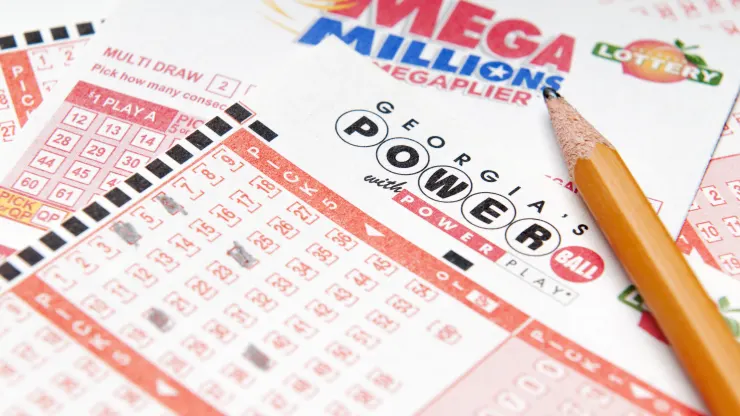Lotteries With Huge Price Tags

Lotteries with a huge price tag can be very attractive for players, but they also come with a high price tag. North Korea, for example, has the largest stadium in the world. It was packed to capacity, and the ticket price included entry into a lottery for a brand-new car. So how can you win a lottery with such a high price? The answer to this question depends on the lottery, and on how well it’s designed.

Although most states say that lottery money helps the public good, some experts disagree and say that the money puts an unfair burden on the least well-off. Studies have shown that people from lower-income groups lose the most money on lotteries, and the most common losers are African-Americans, Native Americans, and males. They are also the ones who live in disadvantaged neighborhoods. And even if you win, you should be aware of the risks involved.
Despite the low odds of winning, many people consider buying lottery tickets as a low-risk way to invest their money. After all, a single ticket costs only a few dollars and has the potential to net millions. That risk-to-reward ratio is very appealing, so people often wonder whether it’s better to spend their money on the lottery or on more profitable investments. The answer depends on how much money you’re willing to risk.
Once you’ve won the lottery, there are several decisions to make. You can take the winnings in one lump sum or spread them out over decades. Make sure to consult a financial advisor, certified public accountant, or tax attorney before making any decisions about your finances. Then, consider how you plan to spend your prize money. You might want to consider a life-long annuity or a lump sum. The choice is entirely up to you, but there are many tax advantages.
Some states allocate lottery proceeds to addressing gambling addiction, while others use it as a way to address budget shortfalls in important areas of government and society. The rest of the money is usually allocated to public works and education. The state of North Carolina, for example, allocates a smaller share of its budget to education than it did before the lottery. There is no clear data on the amount spent on these programs, but it’s worth pointing out that the lottery funds are used for a variety of good causes.







